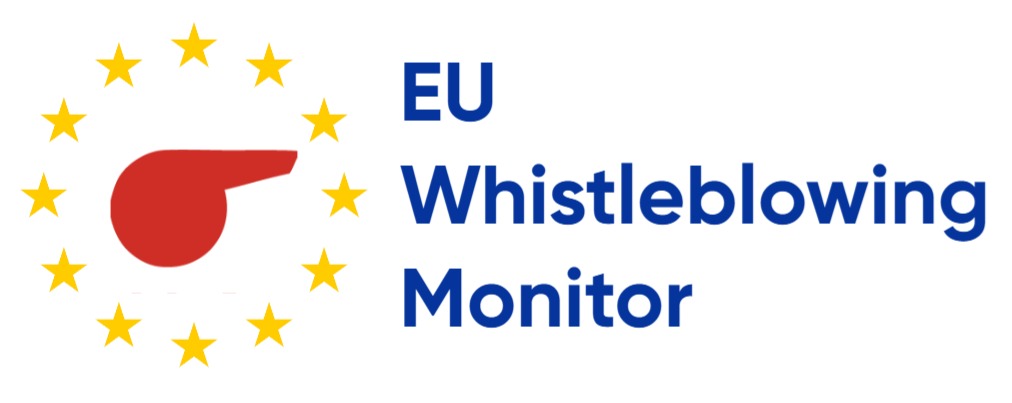Source: prawo.pl
The Ministry of Family and Social Policy has published two new whistleblowing draft laws at the end of May. The proposed legislation is intended to transpose the EU Directive on whistleblowing into Polish national law.
The official deadline for all Member States to transpose the Directive was 17 December 2021. Poland is one of final two EU countries yet to adopt legislation.
The first draft introduced in February is the seventh version of the draft law, and the second from March, the eighth. The second of the two will be discussed by the Standing Committee of the Council of Ministers; after which it is expected to be passed to the government and then progress to parliament.
Given, there are only a few months remaining until the closing of this parliamentary term, it is unclear whether the proposal will be adopted before the Autumn this year.
Important amendments to the proposal include:
1) At the Minister of the Interior and Administration’s request, public officials (police officers, intelligence services, border guards, etc.) were excluded from protection. Soldiers are also outside the scope of the law, however, the Minister of Defence is advocating for their inclusion.
2) The proposed framework foresees certification of whistleblowers who make an external report to a competent authority. A public authority must issue the certificate no later than 30 days following receipt of the report. The certificate can be issued if the reporting person makes a declaration – under penalty of a false statement – that the reported information was true at the time of reporting, and if the reporting person can sufficiently prove the reported wrongdoing.
3) The period between the announcement of the law, and its entering into force remains at two months however, the obligation to establish a whistleblowing internal and external procedure (irrespective of the size of the entity to include those with less than 249 people) enters into force the day following the date of the announcement.
4) Time limits on storing information on internal and external report has been extended from 15 months to three years, following the end of the calendar year in which any follow-up actions have been completed, or any proceedings initiated finalised.
Marta Kozak-Masnicka, PhD candidate in the Labour Law and Social Security Department at the University of Warsaw said:
“There are concerns the proposed certification provisions are unfavourable for whistleblowers, particularly as they may not have the resources to check the credibility of reported information and should not be expected to obtain proof of the concerns. It has called into question whether the proposed law would confirm with the Directive which does not require the whistleblower to provide positive evidence further than a reasonable belief in the truth of suspicion. Further, requiring a whistleblower to make a legal declaration under the proposed penalties for false statements exposes the whistleblower to criminal liability which will strongly disincentivize reporting. Completely unnecessary and dangerous from the legal point of view is also the provision stating that competent authority shall inform the legal entity for which the whistleblower provides work of the issuing of the certificate.
